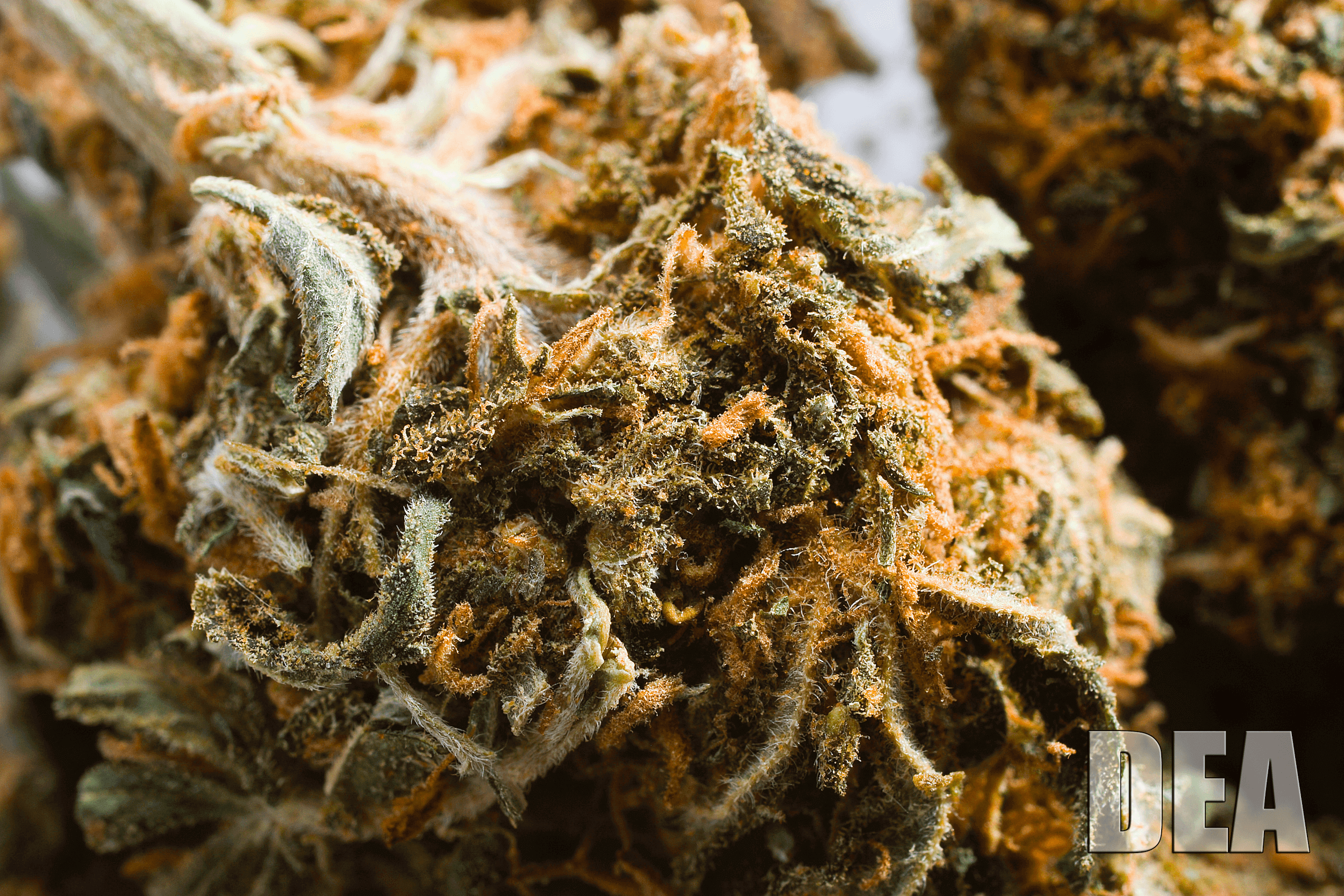

By: Lakeview Health
Florida voters overwhelmingly approved a constitutional amendment legalizing medical marijuana for patients with certain “debilitating medical conditions” on Tuesday. An astonishing 71.3 percent of voters approved the Florida Medical Marijuana Legalization Initiative, also known as Amendment 2. It will allow medical marijuana to be provided as a treatment for patients with a “debilitating medical condition” defined as “cancer, epilepsy, glaucoma, positive status for human immunodeficiency virus (HIV), acquired immune deficiency syndrome (AIDS), post-traumatic stress disorder (PTSD), amyotrophic lateral sclerosis (ALS), Crohn’s disease, Parkinson’s disease, multiple sclerosis, or other debilitating medical conditions of the same kind or class as or comparable to those enumerated, and for which a physician believes that the medical use of marijuana would likely outweigh the potential health risks for a patient.” Florida is home to hundreds of thousands of patients who could be eligible for such treatment, making it the second-largest marijuana market in the country. But there are fears that even more people could show up to acquire cannabis products at the so-called “treatment centers.” Before the vote, opponents of marijuana legalization had argued the “other conditions” clause will throw the door wide open and patients with any kind of pain, nausea, or anxiety issues will be able to get legal access to cannabis. The “Vote No on 2” campaign announced they would now take their fight to Florida’s legislature, which is responsible for implementing the amendment. In a statement, “Vote No on 2” said the group planned to ask lawmakers to ban pot candy, put a limit on THC levels, more tightly define what “debilitating conditions” would make patients eligible for the treatment, and ensure that local communities can regulate and ban marijuana dispensaries. Judging from what has been happening in other states, the “treatment centers” will basically be pot shops. Despite the designation “medical,” no pharmacists will be preparing marijuana products for Floridians because cannabis is not a substance approved as medication by the federal Food and Drug Administration (FDA). No medical doctor can legally prescribe it, they can only issue “recommendations.” While many medical professionals continue to question the medical value of cannabis, it will certainly be a gold mine for entrepreneurs. The Orlando Business Journal reports that “medical marijuana use, while not widely accepted, creates big business opportunities as the market was estimated at $785 million to $1.26 billion.” The outcome of the Florida ballot is a big win for Orlando litigator John Morgan. He and his law firm spent more than $6.5 million over the past two years to get medical marijuana legalized in Florida. “There is no state in the union that is more ready for this industry than this state,” Morgan told cannabis investors at the Marijuana Business Conference and Expo in Orlando earlier this year. After the failed attempt to get medical marijuana legalized two years ago, almost three quarters of voters approved Amendment 2 this time. If Florida now follows the example of other states like California and Colorado, full legalization of recreational cannabis is just a matter of time. A look at Massachusetts which has just legalized recreational cannabis shows what might be in store for Florida. A Special Senate Committee recently conducted a thorough review of marijuana policy in Massachusetts and concluded that “the risk of harmful health consequences and addiction may be greater than in the past” and that “legalization would likely encourage commercialization and market expansion as marijuana businesses seek to grow their revenues and profits by gaining new customers and increasing the consumption of their existing customers.” (Report of the Special Senate Committee on Marijuana, March 2016) And more customers with increasing rates of consumption are likely to lead to more cases of cannabis use disorder requiring treatment. According to the National Institute on Drug Abuse, 4.2 million people in the U.S. abused or were dependent on marijuana in 2014, with 138,000 voluntarily seeking treatment for their marijuana use.





